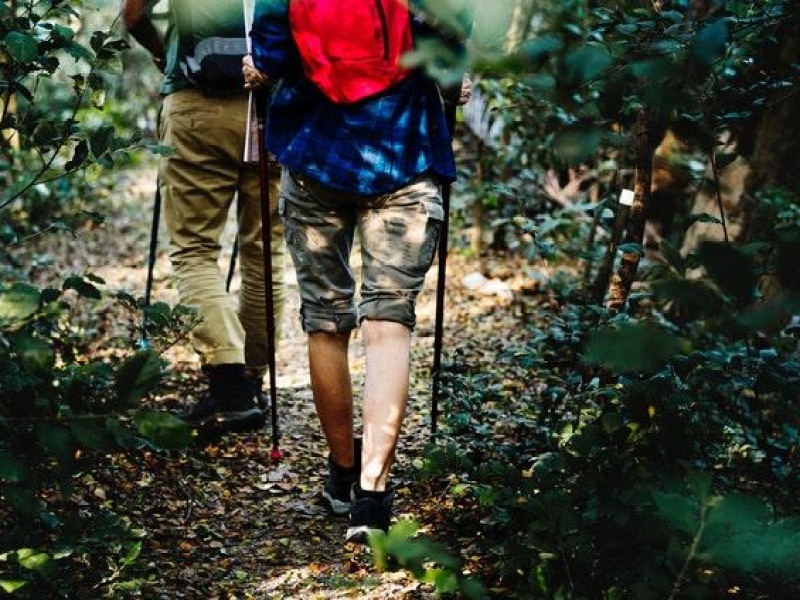How to Finance Your Backpacking Adventure: Creative Ways to Save
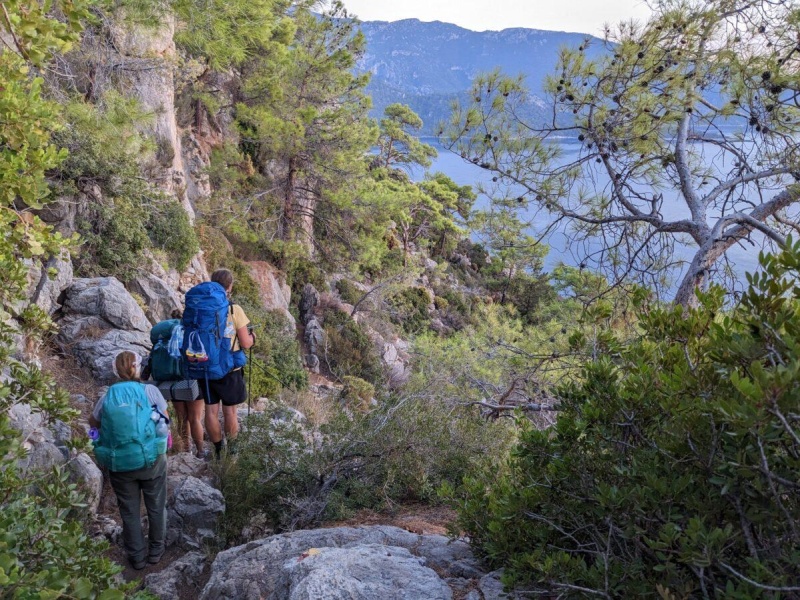
1. Set a Realistic Budget
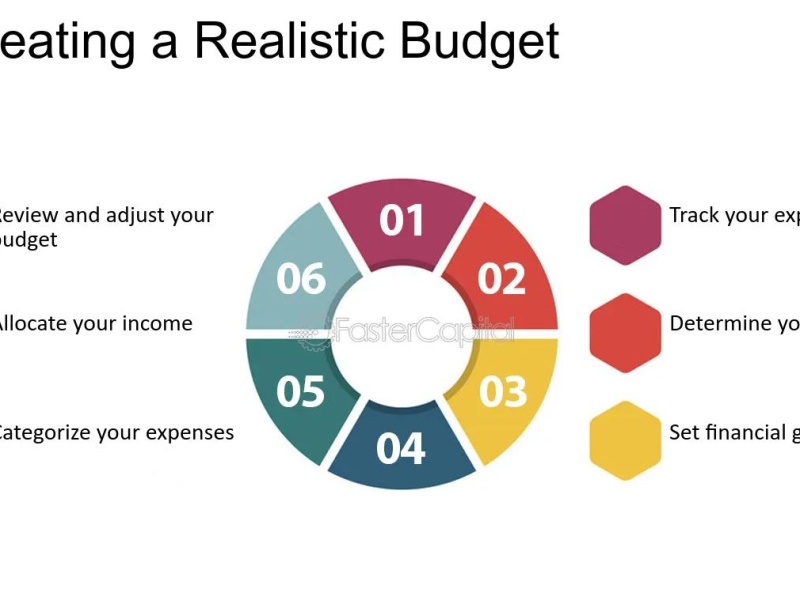
Before embarking on your backpacking adventure, it's crucial to set a realistic budget. Start by estimating the total cost of your trip, including flights, accommodations, food, transportation, and activities. Break down your expenses into daily or weekly amounts to make it more manageable. Use budgeting apps or spreadsheets to track your spending and ensure you stay within your limits. Remember, the goal is to enjoy your trip without financial stress, so be honest about what you can afford.
2. Cut Unnecessary Expenses
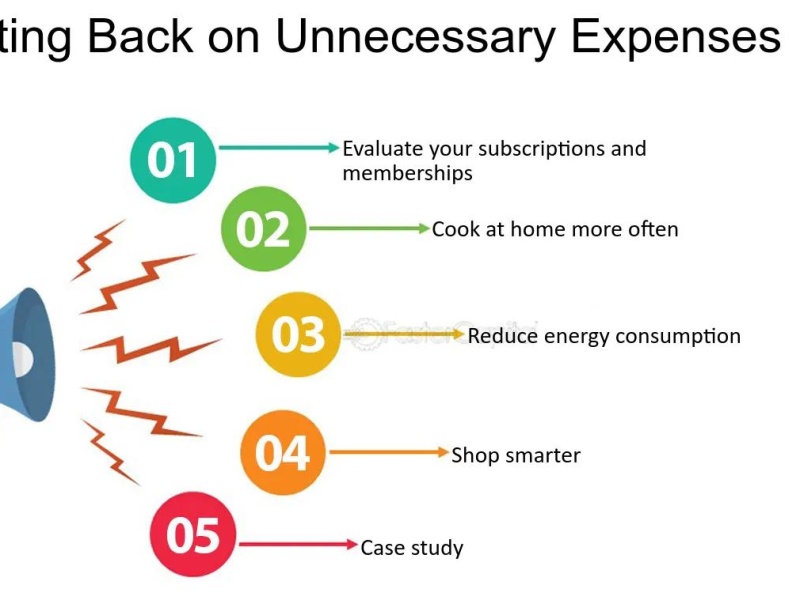
One of the most effective ways to save money for your backpacking trip is to cut unnecessary expenses. Review your current spending habits and identify areas where you can make cuts. For example, consider canceling unused subscriptions, cooking at home instead of dining out, and reducing entertainment expenses. Small changes can add up over time, freeing up more money for your adventure. Additionally, avoid impulse purchases and focus on your long-term goal of financing your trip.
3. Save on Accommodation

Accommodation can be one of the most significant expenses during a backpacking trip. To save money, consider alternative lodging options such as hostels, guesthouses, or even camping. Websites like Airbnb and Couchsurfing offer affordable and unique places to stay. Additionally, look for discounts, loyalty programs, or last-minute deals. If you're open to it, house-sitting or volunteering in exchange for free accommodation can also be a great way to reduce costs while immersing yourself in the local culture.
4. Travel Off-Peak
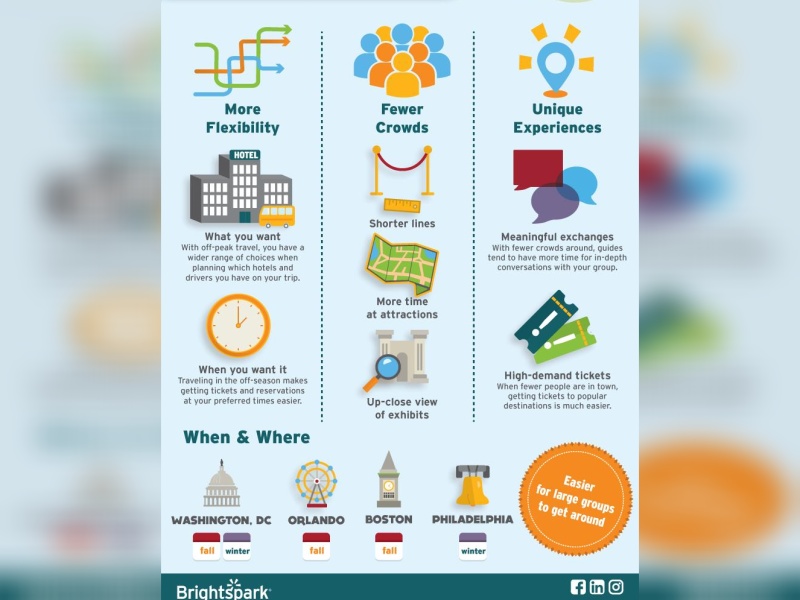
Traveling during off-peak seasons can significantly reduce your expenses. Flights, accommodations, and activities are often cheaper when demand is lower. Additionally, you'll avoid the crowds, making your experience more enjoyable. Research the best times to visit your desired destinations and plan your trip accordingly. Keep in mind that weather conditions may vary, so pack appropriately. Off-peak travel not only saves money but also allows you to explore destinations in a more relaxed and authentic way.
5. Earn Extra Income
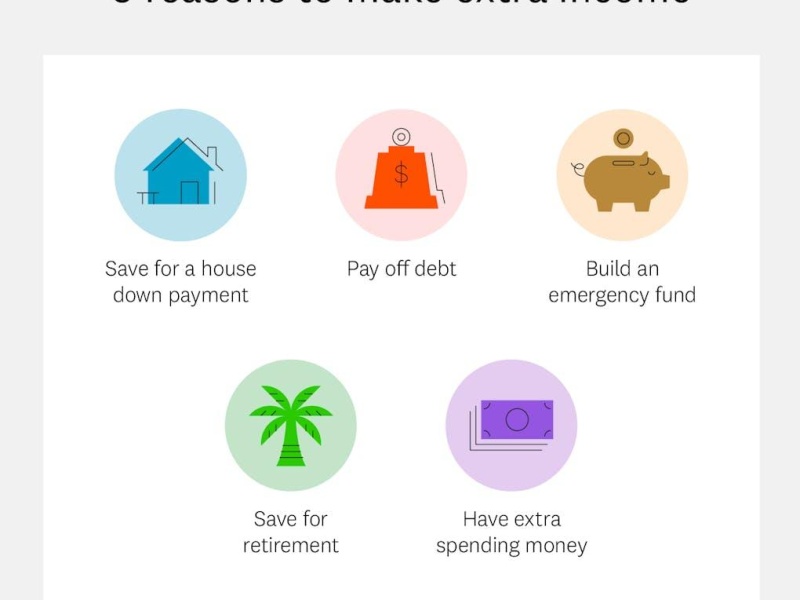
If your current income isn't enough to fund your backpacking adventure, consider earning extra money. Freelancing, part-time jobs, or selling unused items can provide additional funds. Online platforms like Upwork, Fiverr, and eBay make it easy to find opportunities. You could also offer services such as tutoring, pet sitting, or babysitting in your local community. Every little bit helps, and the extra income can make a big difference in financing your trip.
6. Use Travel Rewards and Loyalty Programs
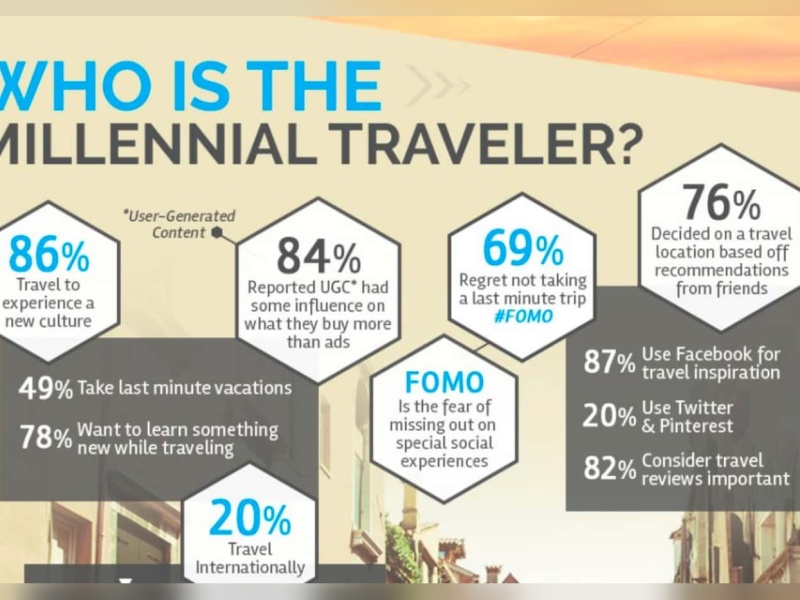
Maximize your savings by taking advantage of travel rewards and loyalty programs. Sign up for airline and hotel loyalty programs to earn points that can be redeemed for free flights, upgrades, or accommodations. Credit cards with travel rewards can also help you accumulate points quickly. Be sure to compare different programs and choose the ones that best suit your travel needs. Additionally, keep an eye out for special promotions and bonus point offers to maximize your rewards.
7. Pack Smart and Light

Packing smart and light can save you money and hassle during your backpacking trip. Avoid checked baggage fees by packing only the essentials in a carry-on bag. Choose versatile clothing that can be mixed and matched, and invest in lightweight, compact gear. Additionally, bring reusable items like water bottles and utensils to save on disposable products. Packing light not only reduces costs but also makes it easier to move around and enjoy your adventure without being weighed down.
8. Cook Your Own Meals

Eating out can quickly drain your budget, so consider cooking your own meals during your backpacking trip. Many hostels and guesthouses have communal kitchens where you can prepare your food. Visit local markets to buy fresh, affordable ingredients and try your hand at cooking regional dishes. Not only will you save money, but you'll also have the opportunity to experience the local cuisine in a more authentic way. Pack some non-perishable snacks for days when you're on the go to avoid expensive convenience store purchases.
9. Use Public Transportation
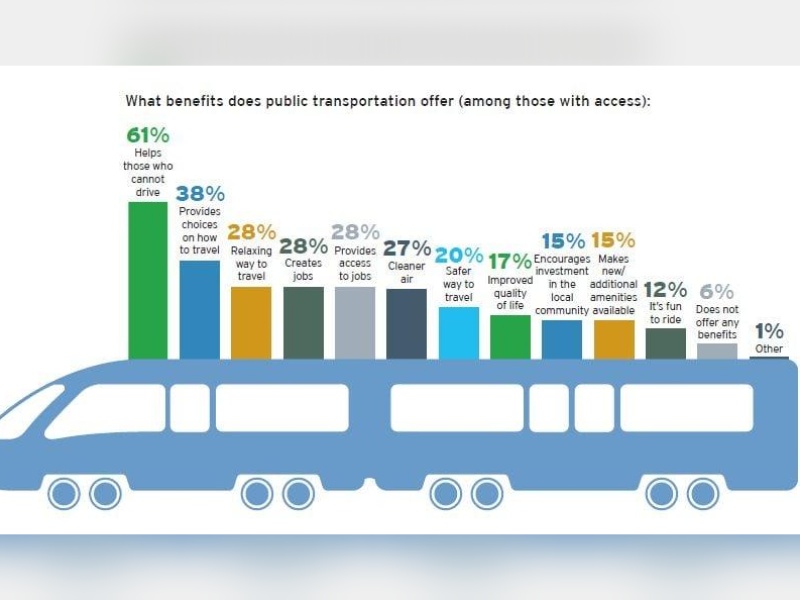
Public transportation is often the most cost-effective way to get around during your backpacking adventure. Research the public transportation options available in your destination and plan your routes in advance. Many cities offer day passes or multi-ride tickets that can save you money compared to single fares. Additionally, walking or cycling can be a great way to explore while staying within your budget. Avoid taxis and ride-sharing services unless absolutely necessary, as they can quickly add up.
10. Stay Flexible and Open-Minded
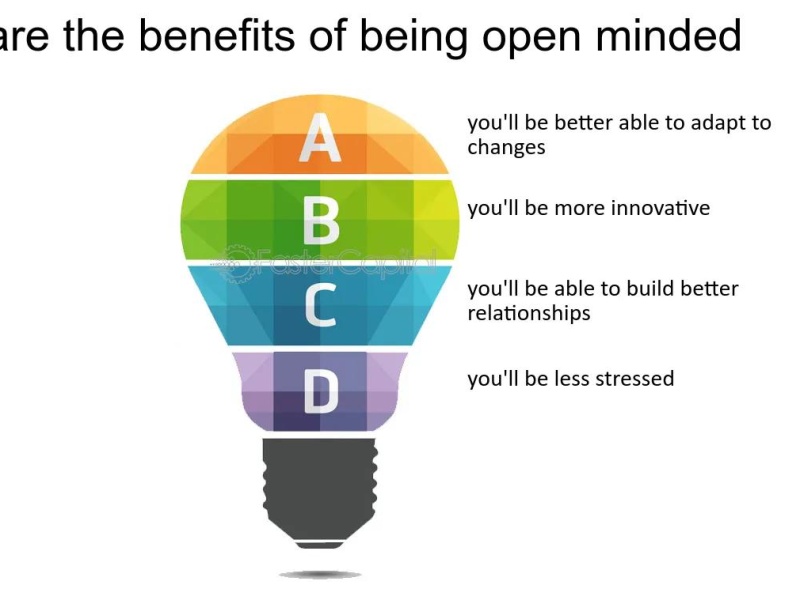
Flexibility and an open mind are key to saving money during your backpacking trip. Be willing to adjust your plans based on budget-friendly opportunities that arise. For example, if you find a cheaper flight or accommodation option, be ready to change your itinerary. Embrace spontaneity and be open to new experiences, such as free walking tours, local festivals, or community events. Staying flexible allows you to make the most of your adventure while keeping costs low.
Key Takeaways
- Set a realistic budget and track your spending to avoid financial stress.
- Cut unnecessary expenses and focus on saving for your trip.
- Explore alternative accommodation options to save on lodging costs.
- Travel during off-peak seasons to take advantage of lower prices.
- Earn extra income through freelancing, part-time jobs, or selling unused items.
- Maximize travel rewards and loyalty programs to reduce expenses.
- Pack smart and light to save on baggage fees and make travel easier.
- Cook your own meals to save money and experience local cuisine.
- Use public transportation to get around affordably.
- Stay flexible and open-minded to take advantage of budget-friendly opportunities.
Frequently Asked Questions
How much money do I need for a backpacking trip?
The amount of money you need for a backpacking trip depends on your destination, travel style, and duration. On average, budget travelers can expect to spend between $20 to $50 per day, while mid-range travelers may spend $50 to $100 per day. Research your destination and create a detailed budget to estimate your total costs.
What are the best ways to save money on flights?
To save money on flights, book in advance, be flexible with your travel dates, and use flight comparison websites. Consider flying with budget airlines or taking advantage of travel rewards and loyalty programs. Additionally, flying during off-peak seasons can result in significant savings.
How can I find affordable accommodation?
Affordable accommodation options include hostels, guesthouses, and budget hotels. Websites like Airbnb, Hostelworld, and Couchsurfing offer a range of budget-friendly options. Look for discounts, loyalty programs, or last-minute deals to save even more.
Is it safe to travel off-peak?
Traveling off-peak is generally safe, but it's essential to research your destination and be aware of any potential risks. Check travel advisories, weather conditions, and local customs before your trip. Staying informed and prepared will help ensure a safe and enjoyable experience.



